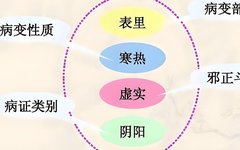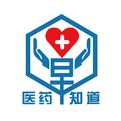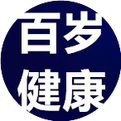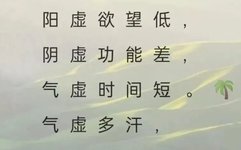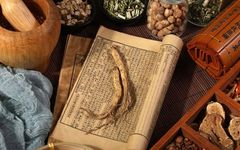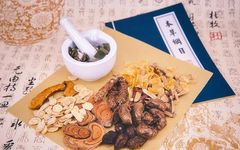Comprehensive Guide to the Eight Principles of Diagnosis in TCM
1. Concept1. Eight Principles: Refers to the eight diagnostic principles of biāo (exterior), lǐ (interior), hán (cold), rè (heat), xū (deficiency), shí (excess), yīn (yin), and yáng (yang).2. Eight Principles Diagnosis: This is the process by which a physician uses the theory of the Eight Principles to analyze and synthesize various clinical data obtained through … Read more

